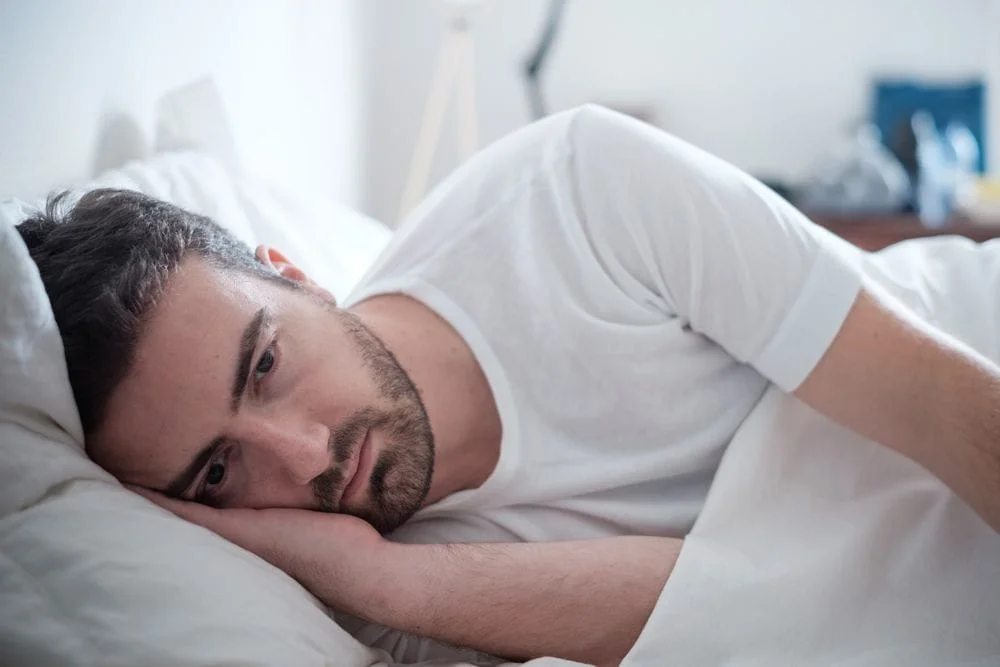Symptoms and Treatment for Sleep Apnea
Sleep apnea causes your breathing to repeatedly stop and start while you are sleeping. There are three primary types of sleep apnea: obstructive sleep apnea, which is the most common type, central sleep apnea, and complex sleep apnea syndrome. Obstructive sleep apnea occurs when the throat muscles relax, central sleep apnea happens when the brain doesn’t send proper signals to the muscles that control your breathing, and complex sleep apnea syndrome occurs when you have both central sleep apnea and obstructive sleep apnea. If you suspect you may have sleep apnea, it is essential that you visit your doctor in Crofton for sleep apnea treatment as soon as possible.

Symptoms of Sleep Apnea
There are many common symptoms of both central sleep apnea and obstructive sleep apnea, which often makes it difficult for a clinic to immediately diagnose which type you may have. The most common symptoms of both types include:
- Periods of not breathing while sleeping
- Loud snoring
- Gasping for air while sleeping
- Headaches upon wakening
- Problems staying asleep
- Extreme daytime sleepiness
- Dry mouth upon awakening
- Irritability
Risk Factors for Sleep Apnea
It is important to understand that anyone can be affected by sleep apnea, including children. However, there are certain factors that may increase your risk, including:
- Excessive weight
- A narrow airway
- Family history
- Smoking
- Using alcohol, tranquilizers, or sedatives
- Nasal congestion
- Having a thick neck
Sleep Apnea Treatment
If you have a mild case of sleep apnea, your doctor at the clinic may recommend small lifestyle changes, such as quitting smoking or losing weight. If you have a moderate to severe case of sleep apnea, there are a variety of sleep apnea treatment options your doctor will recommend, including:
- CPAP - A CPAP machine is the most common method of treatment. The CPAP machine is designed to deliver air pressure through a mask during sleep. The air pressure will help to keep your airway passages open, which eliminates snoring and apnea.
- Oral appliance - These devices are designed to help keep your throat open by bringing your jaw forward, which may help to prevent snoring and mild obstructive apnea.
- Surgery - This form of sleep apnea treatment is typically the last option recommended and only if other treatments have failed. Surgery may include tissue removal from the back of your mouth and at the top of your throat, which prevents obstruction that causes snoring. Jaw repositioning may also be a surgical option. If all treatments have failed and you suffer with severe, potentially fatal sleep apnea, your doctor may recommend a tracheostomy.
Sleep apnea can be life threatening, so if you are experiencing any symptoms, it is critical that you seek medical advice as soon as possible.
To schedule an appointment to determine if you have sleep apnea, contact Capitol Rehab of Crofton.



